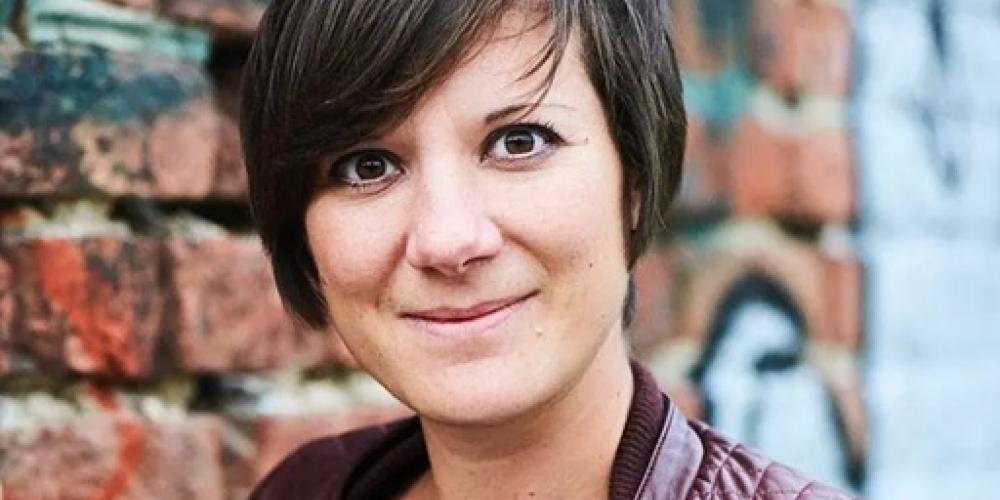
On Monday, 30 June 2025, the Literature and Culture Working Group (WOLEC) at VUB, in collaboration with the major research group CLIC and the VUB-Ghent University alliance research group THALIA, is organising a special lunch lecture with guest speaker Prof. Teresa Kovacs (Indiana University). Under the intriguing title “End Time/s? Theatre, Catastrophe, and a Future in Ruins”, Kovacs invites the audience to reflect on the role of theatre in times of crisis and decay.
In her work, Kovacs explores how contemporary German theatre engages with the experience of catastrophe, with particular attention to the aftermath of the atomic bomb. Her recent book Theatre of the Void forms the basis of this lecture, in which she considers theatre as a space where the unspeakable – the end, the void, the ruins – is made tangible.
The central question Kovacs poses: how can theatre function in a world teetering on the edge of the abyss? And what does it mean to create art in a time when the future itself is uncertain?
A future in ruins?
The lecture's title, with its ambiguous “End Time/s,” suggests both the end of time and multiple endings – ecological, political, existential. Kovacs’ approach is not purely apocalyptic, but also critical and reflective: she investigates how theatre not only represents catastrophes, but also challenges the audience to think about responsibility, memory, and possible futures.
WOLEC as a platform for critical dialogue
With this lecture, WOLEC aims to affirm its role as a dynamic platform for young researchers and international voices in the humanities. By highlighting themes such as catastrophe and future in relation to art and literature, the working group fosters critical dialogue about the role of culture in turbulent times.
Registration is open until Wednesday, 25 June 2025 via this link. A sandwich lunch will be provided.
The lecture takes place from 12:00 to 13:30 in room 5C.03 on the Etterbeek campus and is part of WOLEC’s broader mission to explore current and interdisciplinary themes within literary and cultural studies.